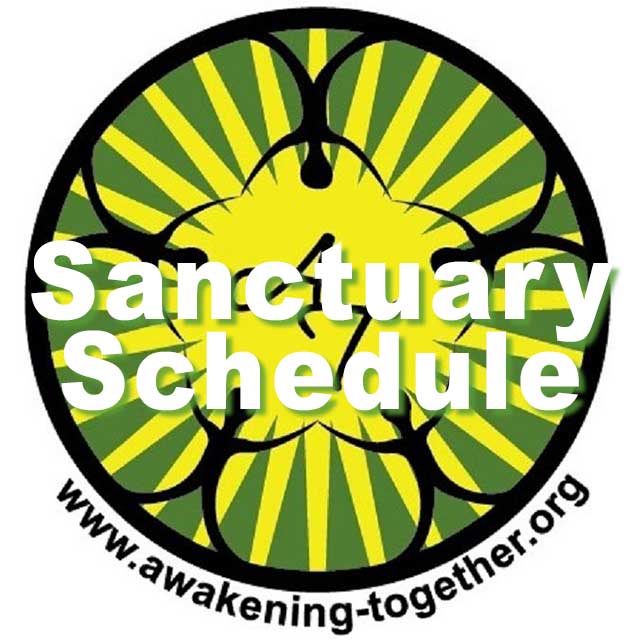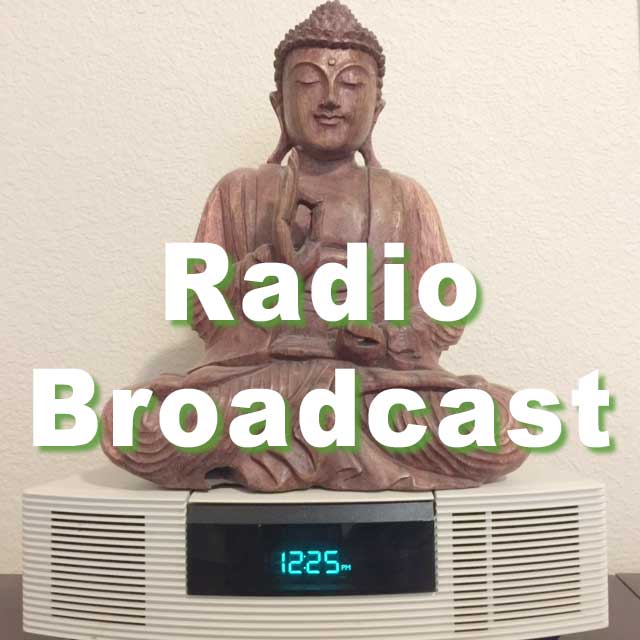Lesson 152. The power of decision is my own.
We contemplated Michael Langford’s theatre analogy along with Lesson 151. Today’s workbook lesson looks at a difference between the theatre analogy and our experience with the world. In the theatre analogy, people are born in a theatre and mesmerized by the film, but they have nothing to do with creating the film. As today’s workbook lesson points out, we are each “co-creator of the universe.”
Today’s lesson begins, “No one can suffer loss unless it be his own decision. No one suffers pain except his choice elects this state for him. No one can grieve nor fear nor think him sick unless these are the outcomes he wants. And no one dies without his own consent.” And it continues by saying, “And it is only here salvation is.”
Just like with Lesson 151, today’s lesson is clear that “what is false is false.” That which we co-create through the power of our decision is not true and it does not change truth. However, our decisions are the source of the illusion that we find ourselves so mesmerized with. We learned this when we studied and contemplated The Code.
Lesson 152 says, “Nothing occurs but represents your wish, … You may believe that this position is extreme, and too inclusive to be true.”
Over the next two days, we will look at this lesson in a very practical way. We will watch for decisions that we make that shape our individual experience. Many of these decisions seem unconscious until we watch for them, and then we see that they are made both consciously and repeatedly.
Here are few examples of the types of decisions you may see yourself make as you watch for the decisions that shape your experience.
I don’t want to do this.
I hate … (traffic, this heat, mean people, stupid people, myself, etc.)
I will never be able to …
I don’t have enough …
I’m tired of this.
He/she is … (annoying, wrong, stupid, lazy, etc.)
I’m so … (stupid, lazy, ugly, etc.)
I have too much to do.
They think … about me.
This situation is unacceptable.
I’ll be happy when I get …
I’ll be safe when I get …
I won’t ever … (understand this, be able to do this, get to go there, etc.)
No one ever pays attention to me.
This always happens to me.
This is too good; something bad is going to happen next.
This isn’t fair.
As you watch for the decisions you make, notice both the decisions and how those decisions affect your experience. Ask yourself, “If I made a different decision about this, how would my experience be different?” Look both at the circumstance and your emotional experience to see if you can find at least one way your experience would be different if you made a different decision.



